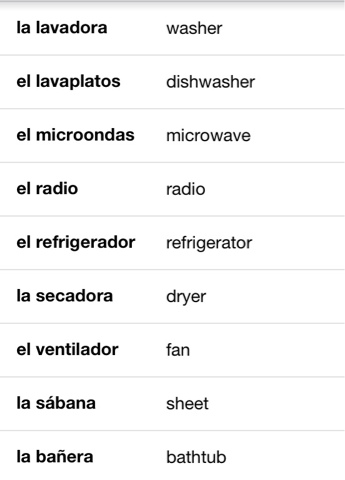
Hispanic (Spanish: hispano, hispánico; Portuguese: hispânico, hispano, Catalan: hispà, hispànic) is an ethnonym that denotes a relationship to Spain or, in some definitions, to ancient Hispania, which comprised the Iberian Peninsula including the modern states of Andorra, Portugal, and Spain and the British Crown Dependency of Gibraltar. Today, organizations in the United States use the term to refer to persons with a historical and cultural relationship either with Spain and Portugal or with only Spain. Some organizations intend to encapsulate only the Spanish-speaking populations in the term Hispanic, limiting the definition to that subset, while others encapsulate Spain and Portugal in the term "Hispanic." The term is more broadly used to refer to the culture, peoples, or nations with a historical link to Spain, especially those countries which were once colonized by Spain, particularly the countries of Latin America which were colonized by Spain. The Hispanic culture is a set of customs, traditions, beliefs and art forms (music, literature, dress, architecture, cuisine or others) which are generally shared by peoples in Hispanic regions, but which can vary considerably from one country or territory to another. The Spanish and Portuguese languages are the main cultural element shared by Hispanic peoples.
Definitions in the United States
The U.S. Office of Management and Budget currently defines "Hispanic or Latino" as "a person of Mexican, Puerto Rican, Cuban, South or Central American, or other Spanish culture or origin, regardless of race. In a recent study, most Spanish-speakers of Spanish or Latin American descent do not prefer the term “Hispanic” or “Latino” when it comes to describing their identity. Instead, they prefer to be identified by their country of origin. When asked if they have a preference for either being identified as “Hispanic” or “Latino,” the Pew study finds that “half (51%) say they have no preference for either term.” If they did have to choose, the study finds that “’Hispanic’ is preferred over ‘Latino’ by more than a two-to-one margin—33% versus 14%.”
List of countries where Spanish is an official language
Spanish is an official language in 20 sovereign states and one dependent entity, totalling around 423 million people.
Equatorial Guinea, Panama, Costa Rica, El Salvador, Paraguay, Honduras, Bolivia, Cuba, Guatemala, Ecuador, Venezuela, Peru, Colombia, Spain, Mexico, Argentina, Chile, Dominican Republic, Nicaragua, Uruguay.
Dependent entities where Spanish is a de jure official language.
Puerto Rico


















